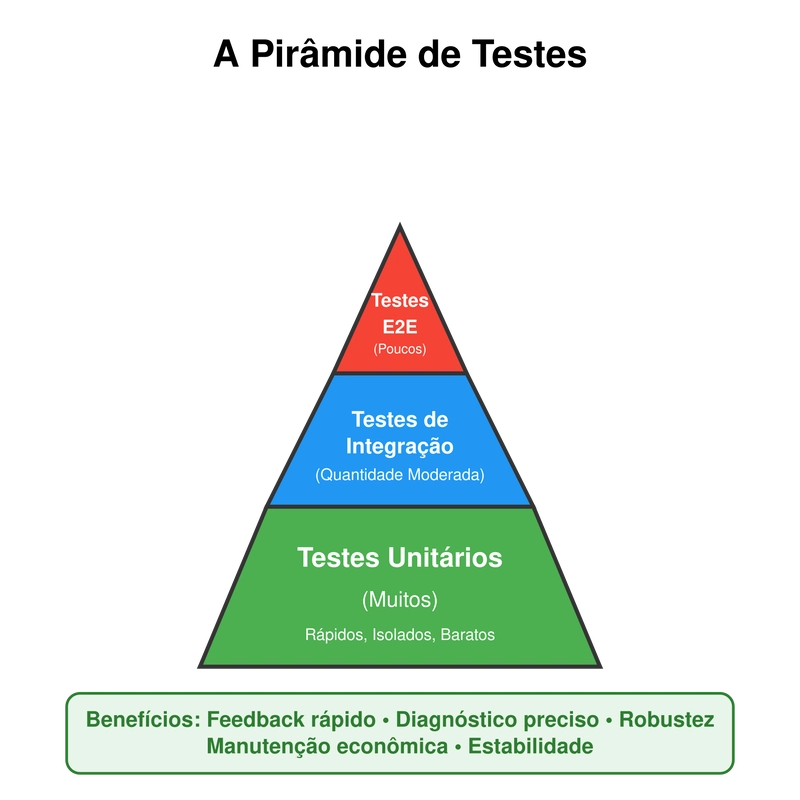Runtime Errors in Java
Introduction
Java is a robust and versatile programming language, but like all programming languages, it is prone to runtime errors. Unlike compile-time errors, which are detected by the compiler before the program runs, runtime errors occur while the program is executing. These errors can lead to abnormal termination of a program if not handled properly. In this blog, we will explore the most common types of runtime errors in Java and how to handle them effectively.
What Are Runtime Errors?
Runtime errors in Java occur during program execution due to logical mistakes, invalid operations, or unexpected conditions. These errors are typically caused by incorrect handling of objects, improper calculations, or exceeding system resources.
Common Types of Runtime Errors in Java
1. NullPointerException
This occurs when a program attempts to access a method or property of an object that is null.
Example:
`public class NullPointerExample {
public static void main(String[] args) {
String str = null;
System.out.println(str.length()); // Causes NullPointerException
}
}`2. ArithmeticException
This happens when an illegal arithmetic operation is performed, such as division by zero.
Example:
`public class ArithmeticExample {
public static void main(String[] args) {
int result = 10 / 0; // Causes ArithmeticException
}
}`3. ArrayIndexOutOfBoundsException
This occurs when trying to access an array element beyond its size.
Example:
`public class ArrayIndexExample {
public static void main(String[] args) {
int[] numbers = {1, 2, 3};
System.out.println(numbers[5]); // Causes ArrayIndexOutOfBoundsException
}
}`4. StringIndexOutOfBoundsException
Occurs when trying to access an invalid index in a String.
Example:
`public class StringIndexExample {
public static void main(String[] args) {
String str = "Java";
System.out.println(str.charAt(10)); // Causes StringIndexOutOfBoundsException
}
}`5. NumberFormatException
Thrown when trying to convert a string into a number but the string is not properly formatted.
Example:
public class NumberFormatExample {
public static void main(String[] args) {
String value = "ABC";
int number = Integer.parseInt(value); // Causes NumberFormatException
}
}6. ClassCastException
Occurs when trying to cast an object to an incompatible type.
Example:
public class ClassCastExample {
public static void main(String[] args) {
Object obj = new Integer(100);
String str = (String) obj; // Causes ClassCastException
}
}7. ConcurrentModificationException
Occurs when a collection is modified while iterating over it using an iterator.
Example:
import java.util.*;
public class ConcurrentModificationExample {
public static void main(String[] args) {
List list = new ArrayList<>();
list.add("A");
list.add("B");
for (String str : list) {
list.remove(str); // Causes ConcurrentModificationException
}
}
}8. StackOverflowError
Occurs when a recursive method calls itself indefinitely, leading to stack exhaustion.
Example:
`public class StackOverflowExample {
public static void recursiveMethod() {
recursiveMethod(); // Causes StackOverflowError
}
public static void main(String[] args) {
recursiveMethod();
}
}`9. OutOfMemoryError
Occurs when the Java Virtual Machine (JVM) runs out of memory.
Example:
public class OutOfMemoryExample {
public static void main(String[] args) {
int[] arr = new int[Integer.MAX_VALUE]; // Causes OutOfMemoryError
}
}How to Handle Runtime Errors
1. Using Try-Catch Blocks
Most runtime exceptions can be caught and handled using try-catch blocks to prevent abrupt termination.
try {
int x = 10 / 0;
} catch (ArithmeticException e) {
System.out.println("Cannot divide by zero!");
}2. Properly Handling Null Values
Always check for null values before performing operations on objects.
if (str != null) {
System.out.println(str.length());
} else {
System.out.println("String is null");
}3. Using Safe Iteration Over Collections
Use Iterator when modifying a collection during iteration.
Iterator iterator = list.iterator();
while (iterator.hasNext()) {
iterator.next();
iterator.remove(); // Safe way to remove an element
}Conclusion
Runtime errors in Java can cause unexpected program crashes if not handled properly. By understanding these errors and implementing effective error-handling techniques, developers can create more reliable and robust applications. Always use exception handling mechanisms, validate input data, and optimize memory usage to prevent common runtime errors.
